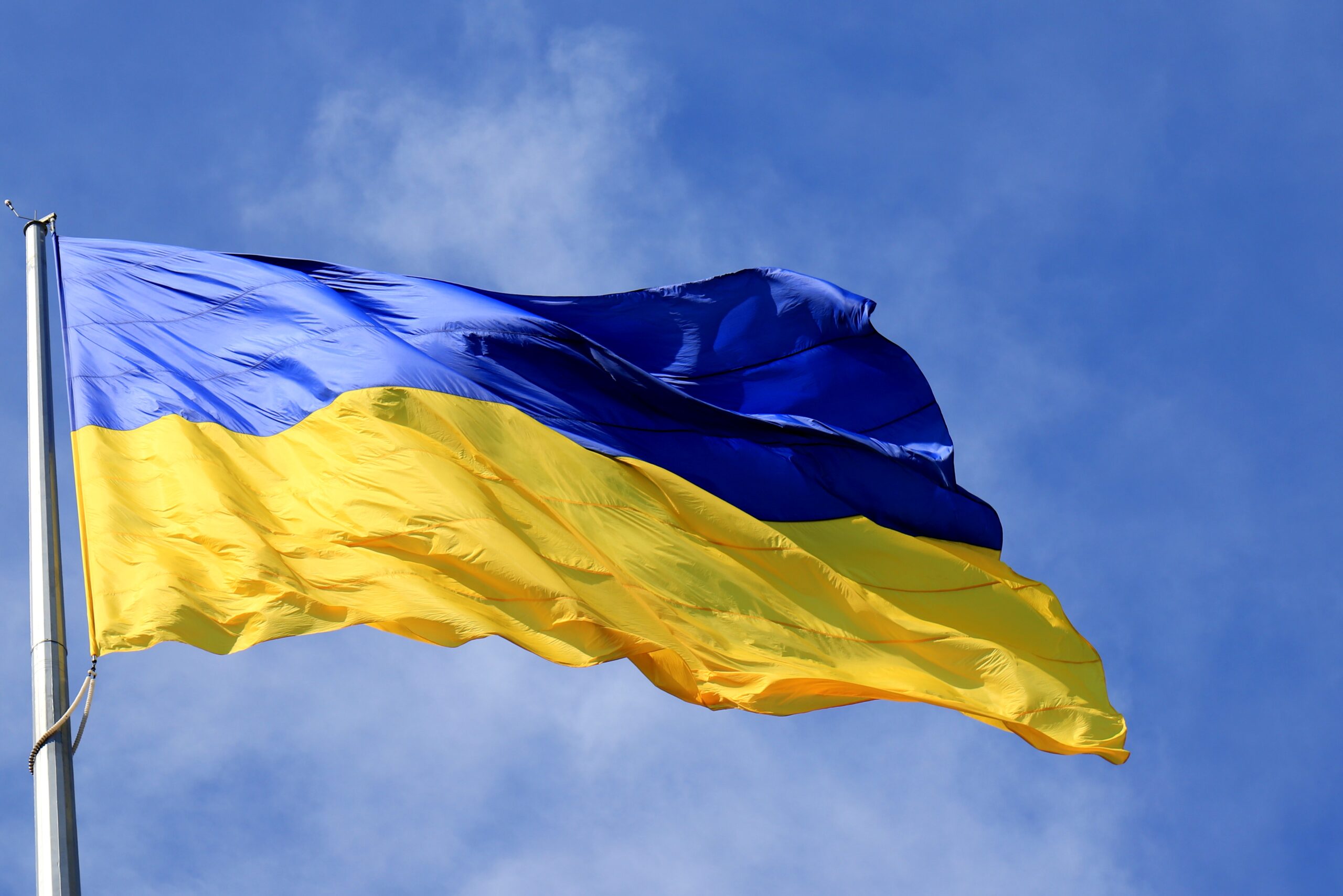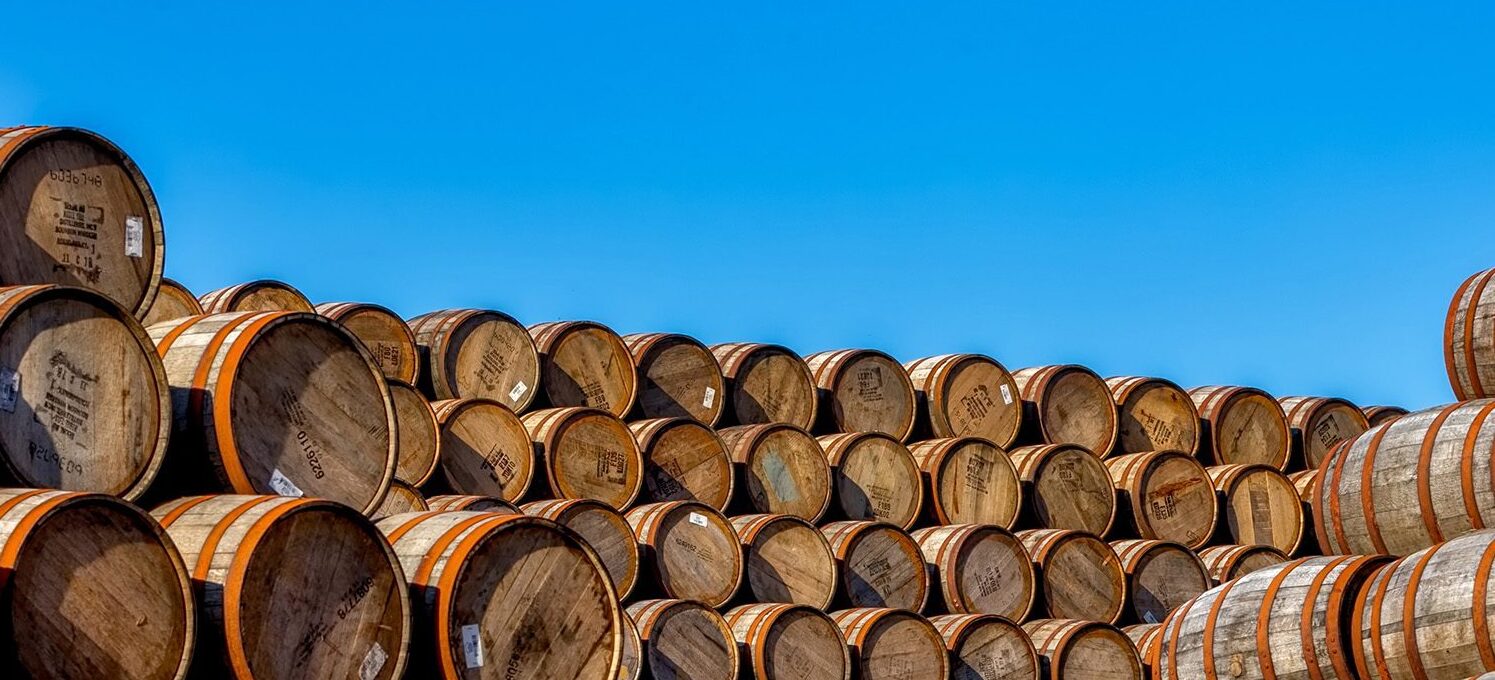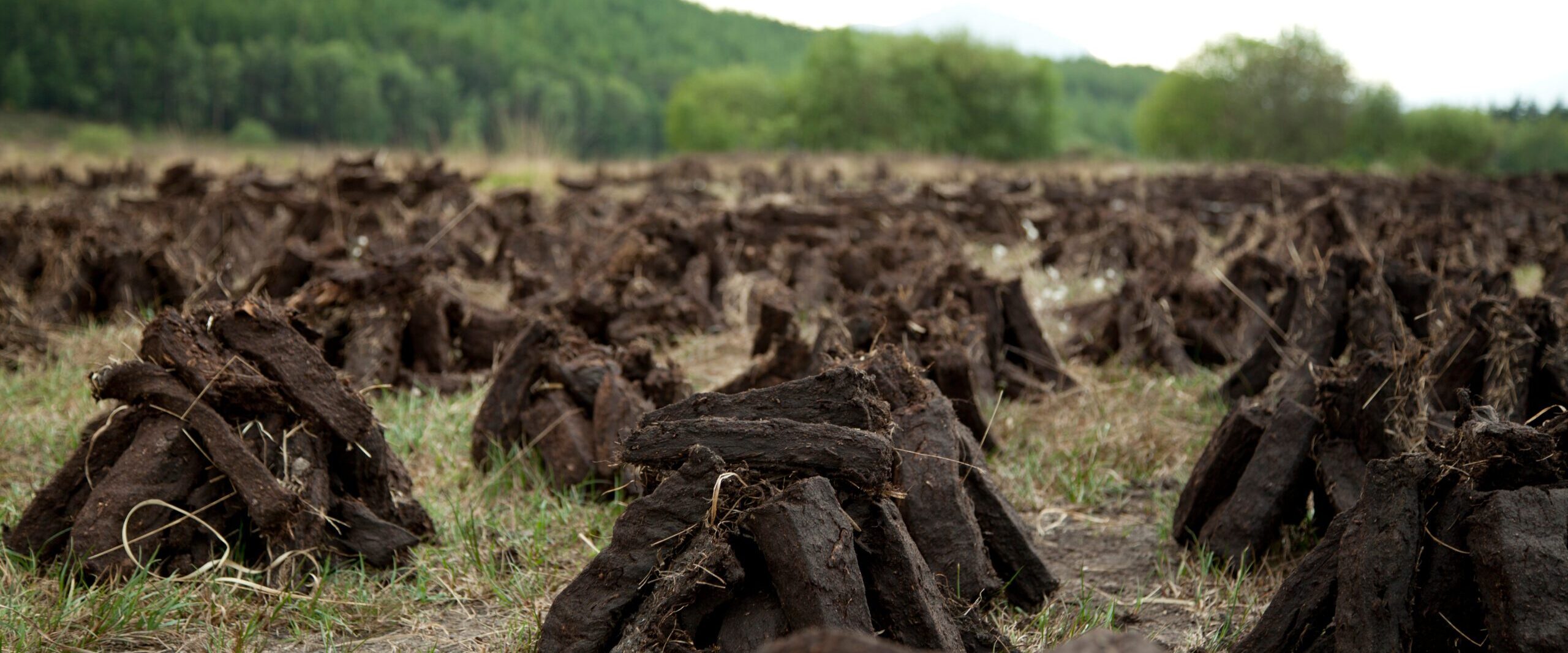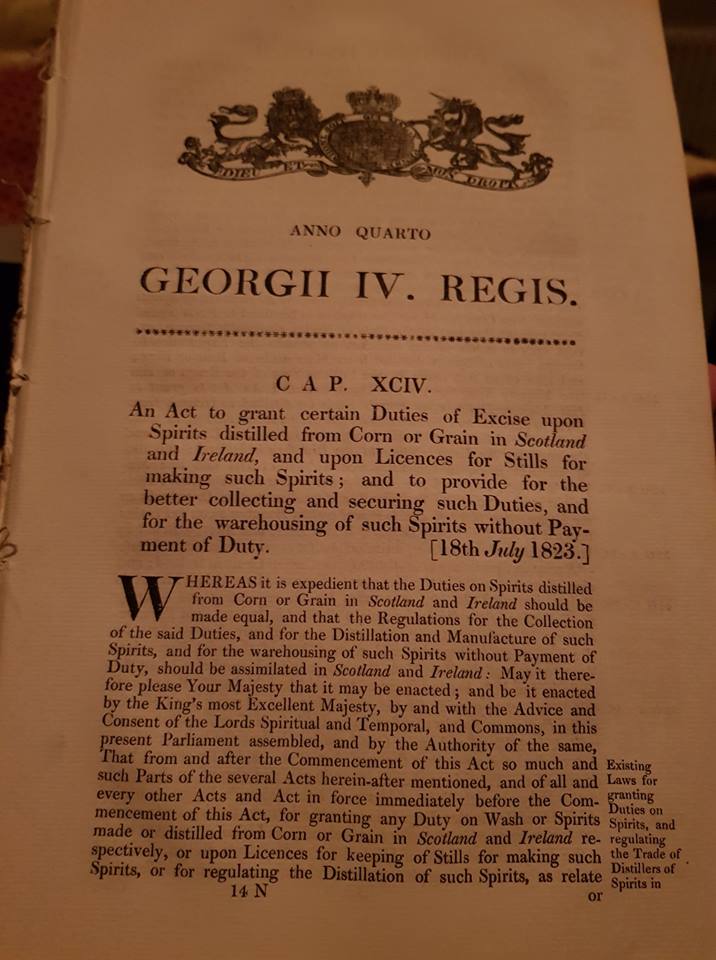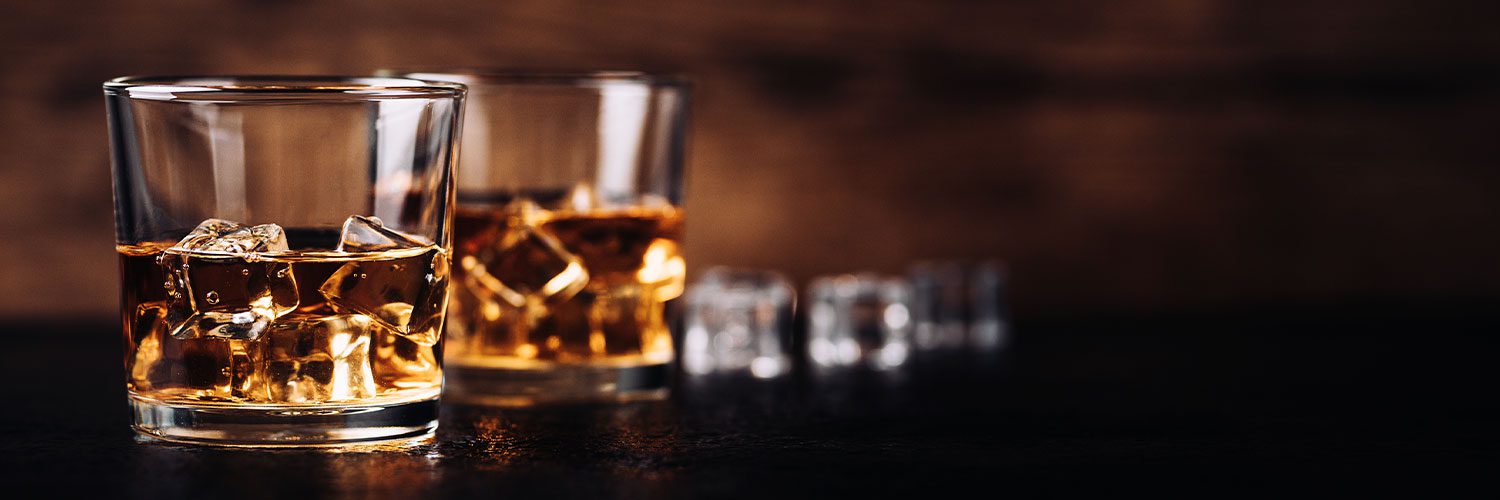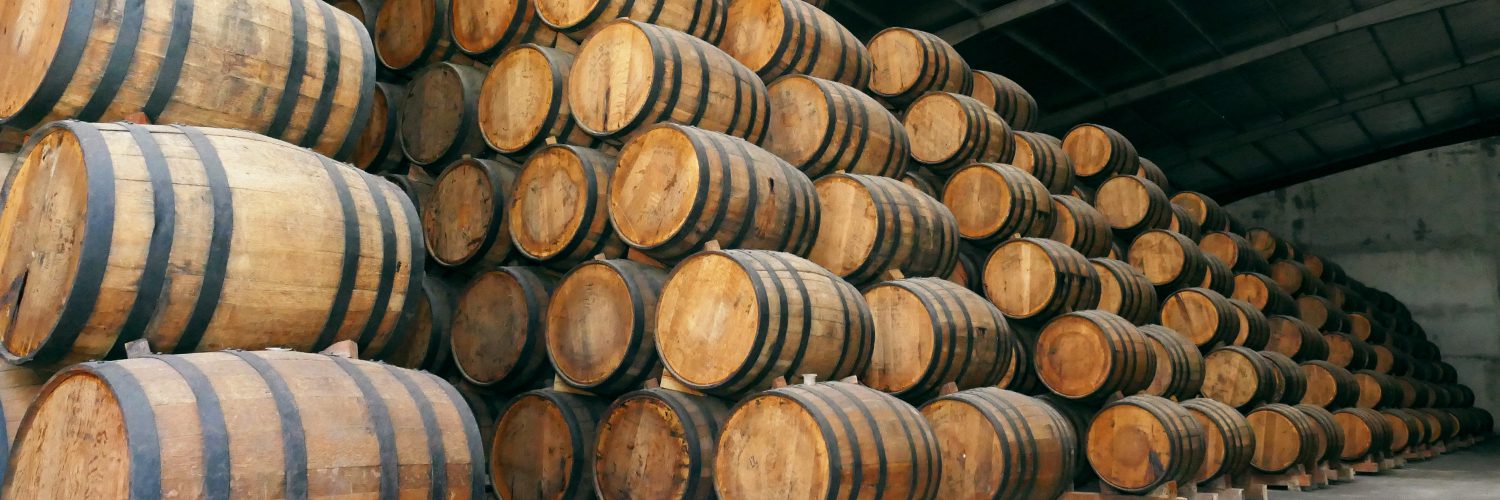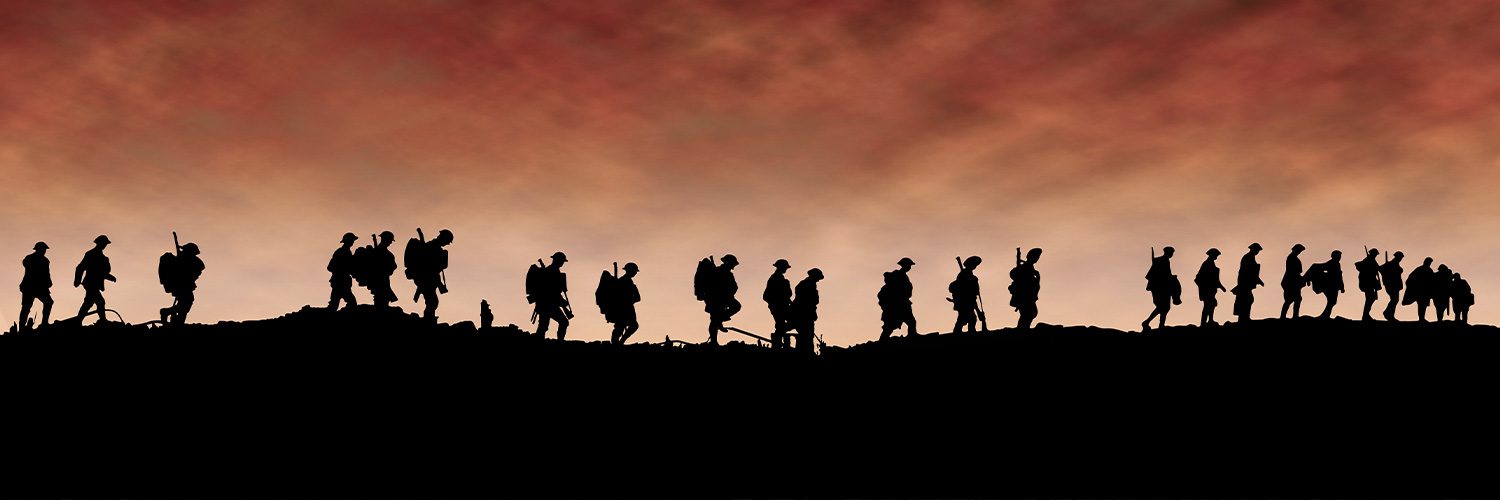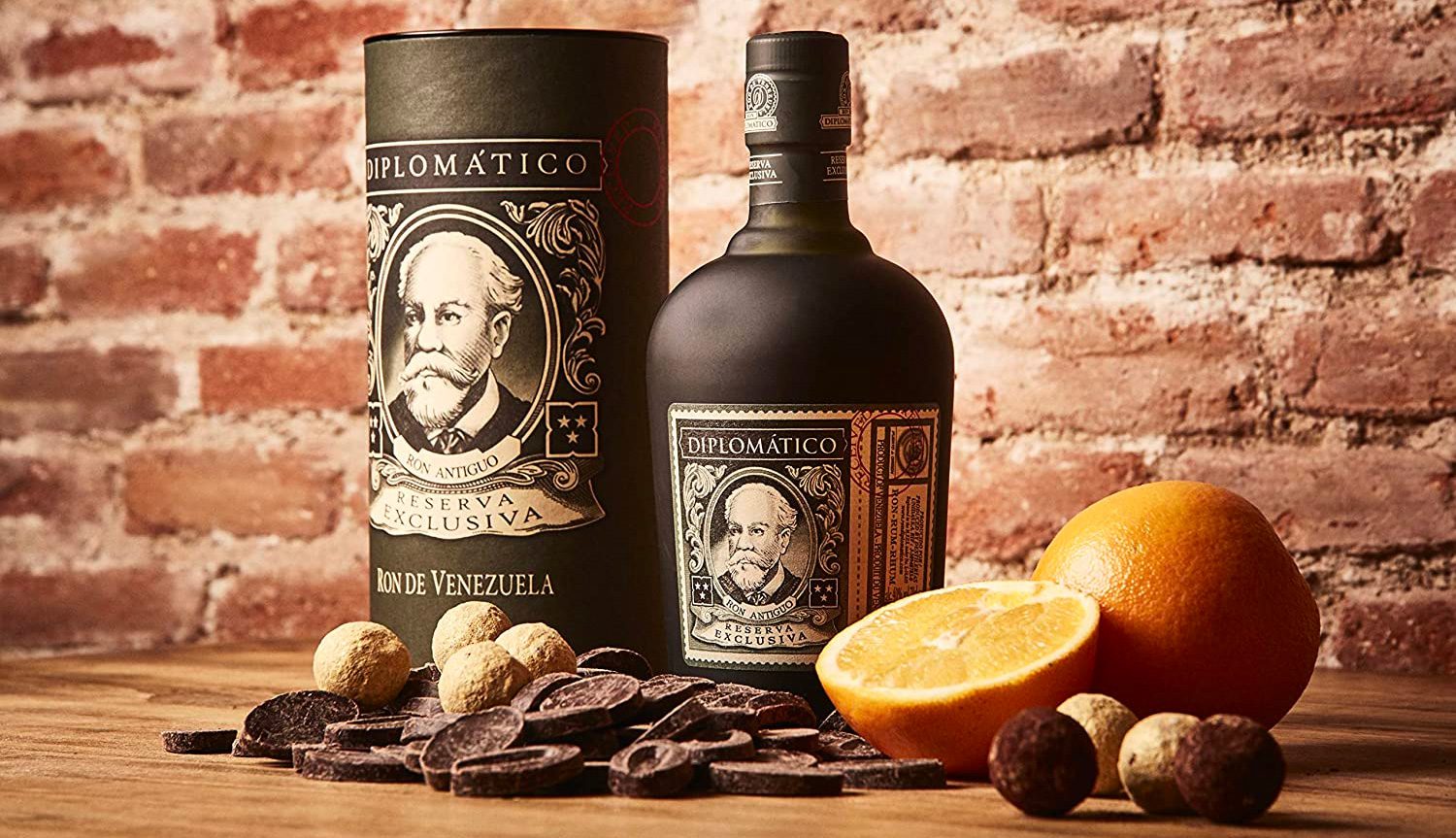Today people still swear by the medicinal properties of brandy, but while the world looks for an effective cure for COVID-19 in the midst of this pandemic, could whisky be the key?
 Learn
Learn

Scientists from countries all over the world are racing for the prize of being the ones to find the cure that can be turned into a vaccine that would free us all from social distancing, self-isolation and all of the hardships that coronavirus has brought us. The good news is that studies are showing this new strain of coronavirus is more sensitive to alcohol than the previous outbreaks of severe acute respiratory syndrome (Sars) and Middle East respiratory syndrome (Mers). The study, which is being done by scientists from Germany and Switzerland, has found that it can be killed almost entirely by concentrations of ethanol as low as 30%.
Some whiskies and gins have a higher alcohol content than that, but the bad news is that drinking them isn’t likely to either cure COVID-19 or prevent you from getting it in the first place. Experts also say that you shouldn’t be using whisky as a disinfectant unless you’re in an emergency situation and have no other options. Scientist Stephanie Pfaender from the department for molecular and medical virology in the Ruhr-University Bochum said: “We would definitely not recommend the behaviour (of drinking), as we are talking about a minimal final alcohol concentration that has to come into contact with the virus for a defined time.”
The current laboratory tests involved a viral strain from a patient in Munich being injected into animal cells, which were placed in varying concentrations of alcohol, starting off with 85% ethanol, plus water, which is what the World Health Organisation recommends you should use to make your own hand sanitizer at home. This was the first test of this formula on COVID-19 and the findings show that it could eliminate all viral activities after just 30 seconds of contact, causing no further damage to the cells afterwards. The scientists then started to test lower concentrations of alcohol to see how low it could be while still having the necessary effect on the virus.
Tests with 10% and 20% both failed to make much impact on viral activity, but a concentration of just 30% turned out to have the same disinfection abilities as the 85% concentration.
This makes COVID-19 more susceptible to the effects of alcohol than either Sars or Mers, both of which were not substantially affected by concentrations of more than 35%. So why is this the case?
Studies are continuing but Pfaender and her team believe that it’s because of the COVID-19 virus strain’s structure, something we are all familiar with seeing on news programmes by now, with a spiky membrane surrounding the core. This membrane is what means it can bind with human cells and infect us but could also explain why it is susceptible to alcohol, which can initiate a chemical reaction with the fatty acids on the membrane, causing the protective envelope to disintegrate.
The study has not yet been peer-reviewed, but Li Zhong, a professor at the school of public health in Nanjing Medical University believes that it shows that whisky could have a role to play in emergencies when no other disinfectant is available. However he did say that while spirits like whisky can have an effect on COVID-19 when it’s on your hands, it is not likely to be any more effective than washing your hands with soap and water, which he described as: “safer and much cheaper”.
He also dismissed the hopes of anyone who might believe that simply drinking whisky would help them to combat COVID-19. This is because an infection seems to start in the lower part of the lungs, unlike many other viruses, which start in the throat, so there would be little contact between the whisky and the virus, he said: “unless you can put the drink in the lungs, there is no way it can kill the virus”.
Another expert to dismiss the likelihood of drinking whisky having a positive impact on anyone’s fight against coronavirus is Dr. Brian Labus, a professor of public health at the University of Nevada, Las Vegas. He said: “Alcohol can kill the virus on surfaces, but it can’t do the same thing inside your body. Hand sanitizers have to be at least 60% alcohol to be effective. Trying to get your BAC (blood alcohol content) up to 60 would kill you long before you were able to kill the virus.”
Labus also warned that drinking to excess would likely have the opposite effect, saying: “Having an occasional drink after work isn’t going to increase your risk of infection, and some studies have found that moderate alcohol consumption can boost immune function. On the other hand, binge drinking or alcohol dependence can weaken your immune system, which will put you at higher risk of infection and higher risk of hospitalization or death if you are infected.”
Meanwhile, a study by Japanese scientist Takaaki Nakaya found that human bodies are much less likely to see a benefit from the effect of alcohol on viruses than in tests done in a laboratory. He dripped ethanol on flu viruses mixed with human mucus and found that the thicker the mucus the less effective the ethanol was at disinfecting the virus, with the mucus acting as a buffer.
So, while this new German-Swiss study does show that alcohol like whisky can have a positive impact on COVID-19 in the right circumstances, and could yet play a role in helping us combat it, there’s no scientific evidence to suggest that drinking whisky will help you avoid catching it or help you recover from it, so keep washing your hands and stay safe.

